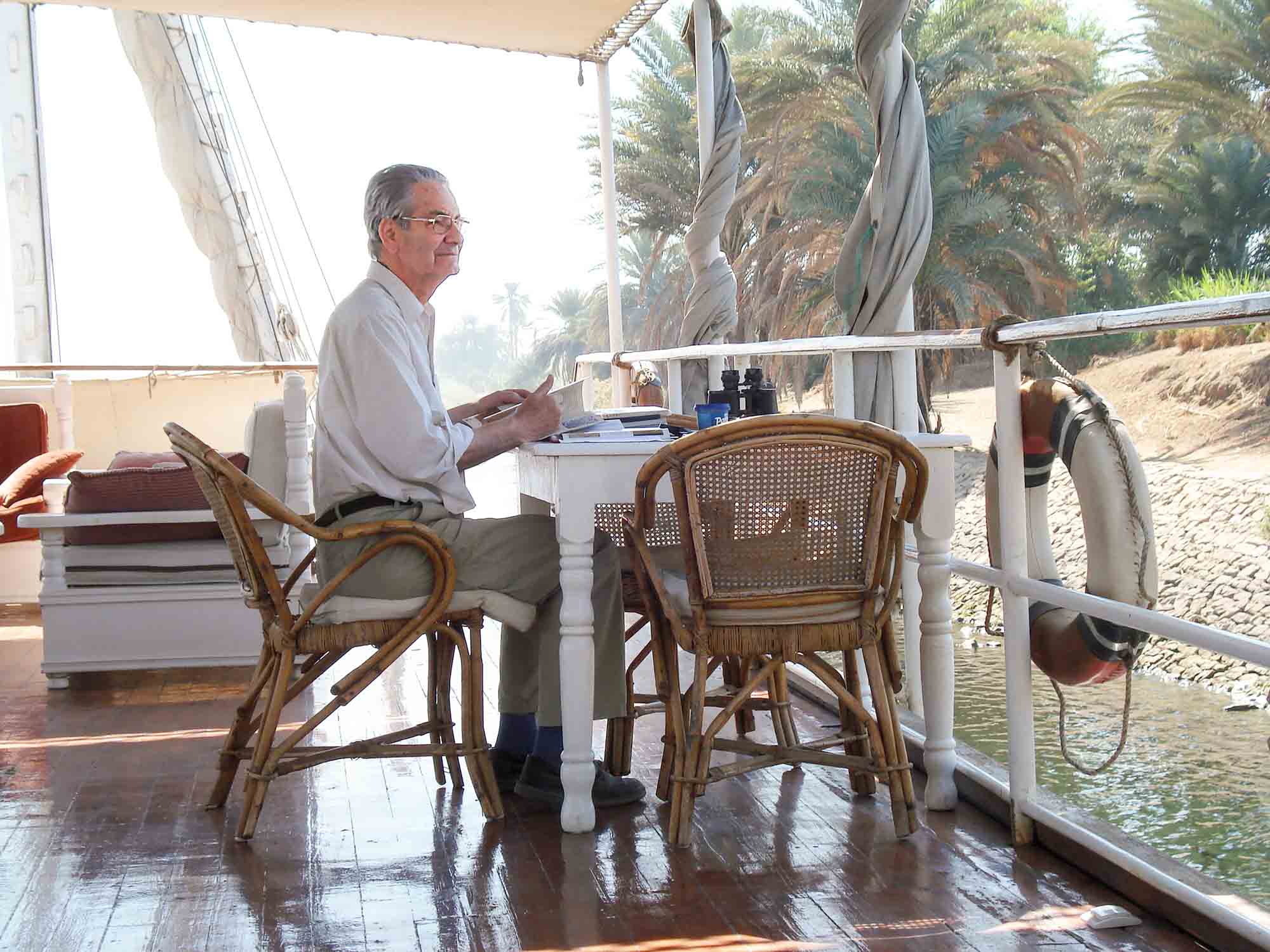Wolfgang Schad and I worked together on various scientific committees. With his incredible memory, his creative ideas, and his clear judgment, he was superior to many of the participants.
On the other hand though, the participants were often scientists who had worked with similar intensity in different fields. With time, it happened more and more often in such situations that a topic particularly inspired him, and he occasionally spoke comprehensively and extensively about it to justify his judgment. Some of what he presented was new – other things were already well-known to most of us. So it happened that other participants complained to me that they sometimes felt they were being treated like students, and not like colleagues. Such situations, where one speaks, and the others wait for it to end, are known to burden collegiality on a committee. Therefore, one day I took heart to address him about it. It took some overcoming on my part, since in a way he was still one of my teachers, despite collegial friendship, and I knew the sharpness with which he could pronounce judgment. One evening, when we were still sitting together, I began to describe the problem in all caution, quite fearing his answer. But how surprised I was at his reaction: he thanked me warmly and at length, saying that one would often not notice such things oneself, and that one needed a friend for that. And then the conversation soon changed to another topic, the matter was settled. I didn’t hear any more complaints from colleagues from then on, and the problem had actually more or less disappeared. In this way, Schad was able to combine a high level of professional competence with human greatness.
Translation Monika Werner
Image Wolfgang Schad on a trip to Egypt, 2012. Photo: private





